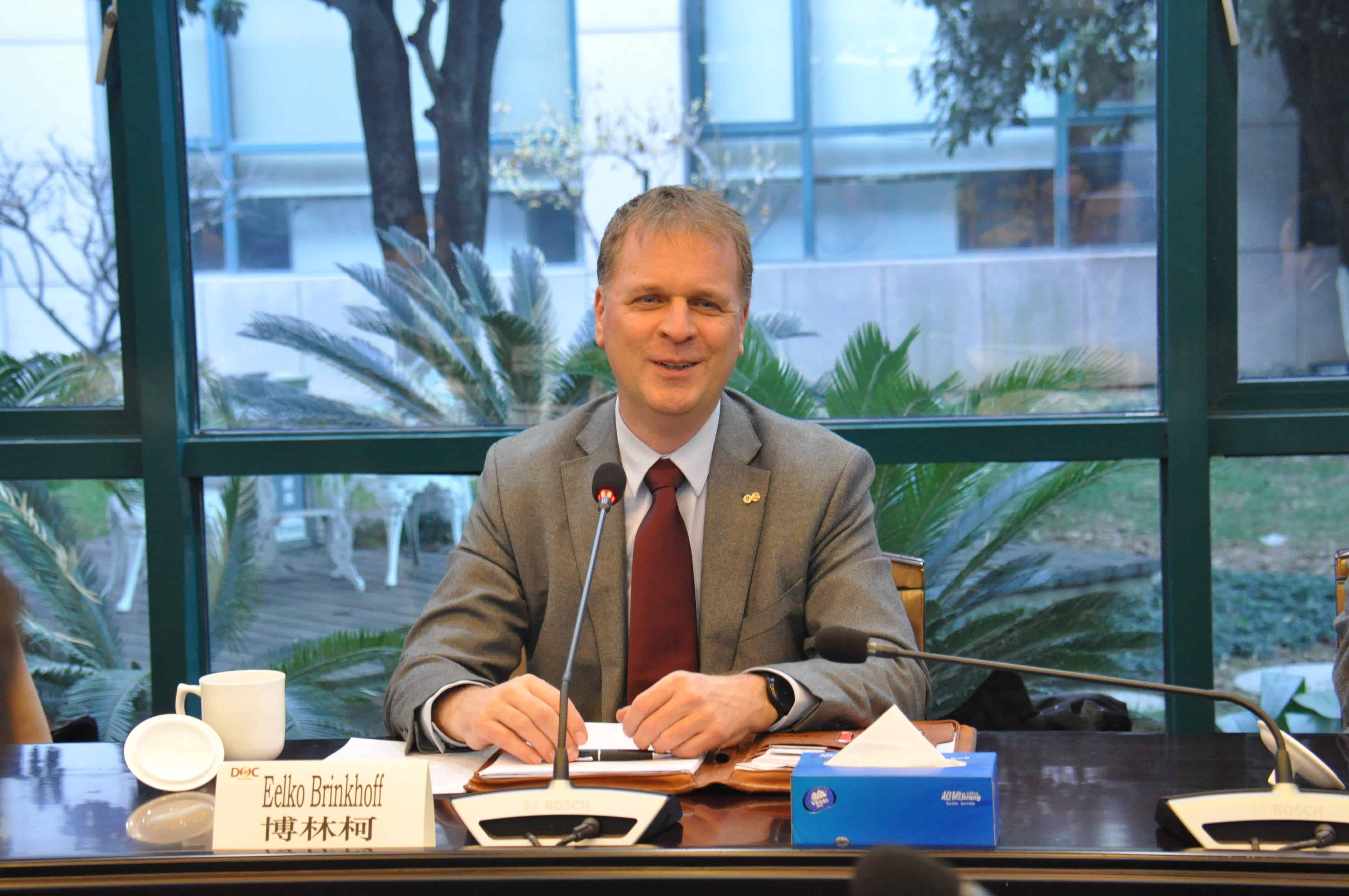
Anticipating expected growth in data traffic between the UK and the Netherlands and the aging of existing cables, a new undersea cable should provide an estimated bandwidth capacity of 90 to 170 Terabits per second (Tbps) by 2030. In data traffic volume, the cable could achieve a 15% market share, InnovationQuarter reported in a press release.
The cable could also strategically use the major Internet hubs in Rotterdam, including AMS-ix and NL-ix, and the booming Dutch data center market. In addition, it provides essential interconnection options to key European hubs in Amsterdam, Frankfurt, and Paris.
A meeting with international data communications companies recently discussed further jointly exploring the commercial development, operation, and construction of this new undersea cable, known as the ‘Erasmus’ cable. A new route between the Netherlands and the United Kingdom is expected to significantly reduce the vulnerability of data networks between the two countries and beyond.
Data centers
While the Netherlands is home to some hyperscale data centers, the Rotterdam region is actually characterized by a growing number of colocation data centers, where multiple organizations share their server and IT equipment in the same facility. In addition, Rotterdam is a strategic location for any new cable, as it provides an alternative route to Europe’s major Internet hubs.
Stefan Ideler, CTO at Rotterdam-based i3D.net said, “Worldwide, we are one of the largest providers of data and connectivity services for gaming and real-time applications, with customers such as Discord, EA, and Ubisoft. To deliver the most reliable user experience, we want to maximize the number of independent data routes. By doing so, we will increase reliability and be less dependent on existing connections from the Amsterdam region. We intend to use the Erasmus cable to have another important connection to the UK and reduce delays.”
Importance
The Dutch government recognizes the importance of an international data infrastructure and is committed to strengthening the Netherlands’ position as the digital gateway to Europe. The Netherlands Foreign Investment Agency (NFIA) and InnovationQuarter, the regional economic development organization, are working together to support potential investors in permitting processes, stakeholder management or finding experienced contractors with specific local expertise. The Municipality of Rotterdam is involved in this initiative because the municipality wants to improve the city’s digital connectivity continuously.








